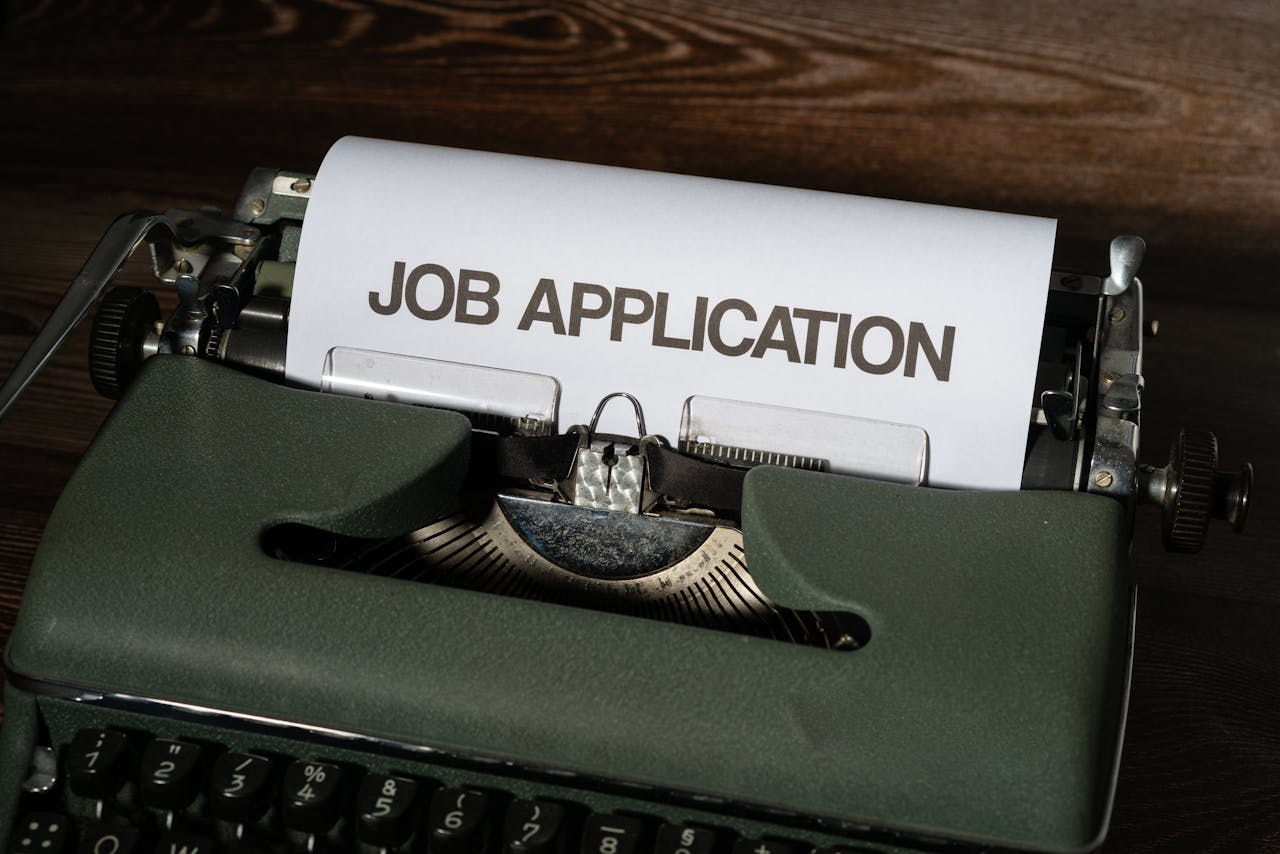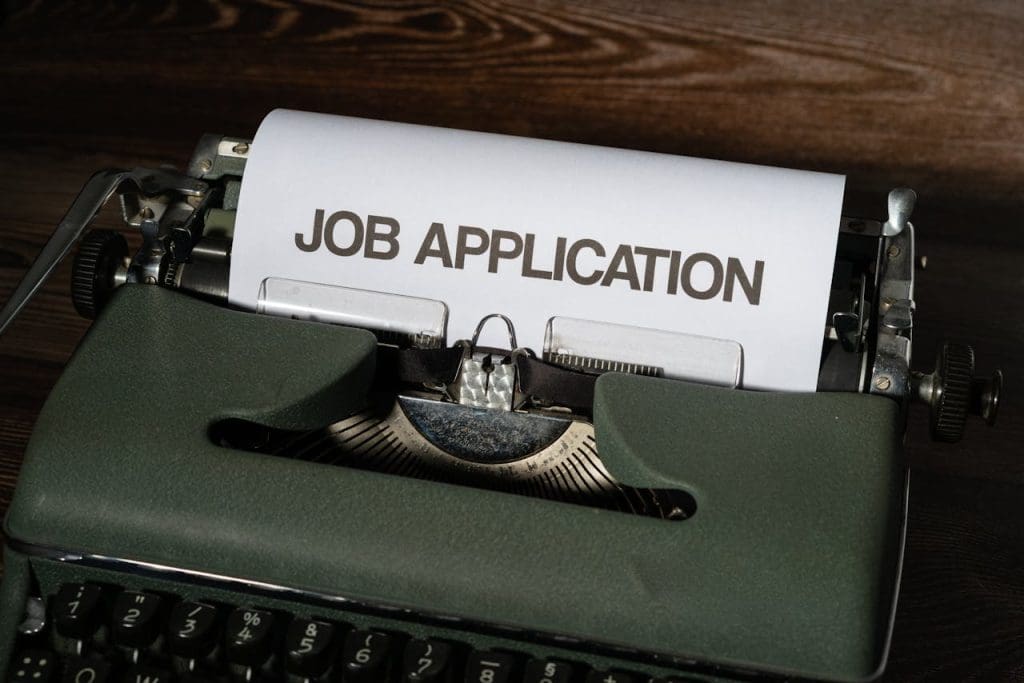Did you know that most employers and recruiters will take just 30 seconds to skim your CV? Given the speed at which the person reading will potentially move on to the next applicant, it’s crucial to ensure that you have created a document that will stand out from the rest. And, it’s especially important to put time and effort into the first page of your CV, as this is where most of the reader’s attention will be focused and will make your CV stand out from the rest.

How do you create a CV that stands out?
Front-load your CV
That first page is where a reader will spend the majority of their time so the key information you want to convey should be located there. Ideally, most CVs will be no longer than two pages but it’s especially important that the crucial data is on that first page.
Engage your reader from the very first line
You could open your CV with a brief personal statement – two or three lines maximum – but if you’re going to do this then make sure it is relevant to the job you’re applying for and gives the reader key information about you.
Connect your CV to the job that you’re applying for
Start with the title of the job (stating it in bold will make it stand out) and then include a brief paragraph on what it is that makes you perfect for the role. Mention a couple of personal qualities, the skills and experience that make you well suited, as well as any particularly impressive (and relevant) achievements. Don’t waste the space on generic phrases or clichés such as “good communication skills.” Be specific and stand out.
Move on to your career history
Start with your most recent role and provide a concise and informative paragraph for each of the jobs in your work history. This section is all about specific and measurable achievements – not just ‘do you have the right skills and experience’? but can you demonstrate what you’ve achieved. If you have any statistics to back up what you’ve done then this is the place to include them. Remember that this section will be crucial to the eventual recruitment decision so make sure it is packed with relevant facts.
The relevance of the education section
If you don’t have career history (for example, if you’re a recent graduate) then education may come immediately after your suitability for the role. This should provide locations, dates, courses and, if necessary, details of specific projects, presentations and modules carried out.
When you get to Page 2
This page is essential but unlikely to differentiate you from the other candidates in the way that the details on Page 1 will. It’s here that you should include qualifications, professional development, as well as any interests that are relevant to what you’ll be doing in the role.
At 2i we have extensive experience guiding candidates through the recruitment process, from CV prep to interview. Contact us to find out how we can help you make your CV stand out from the rest.
Contact 2i Recruit

